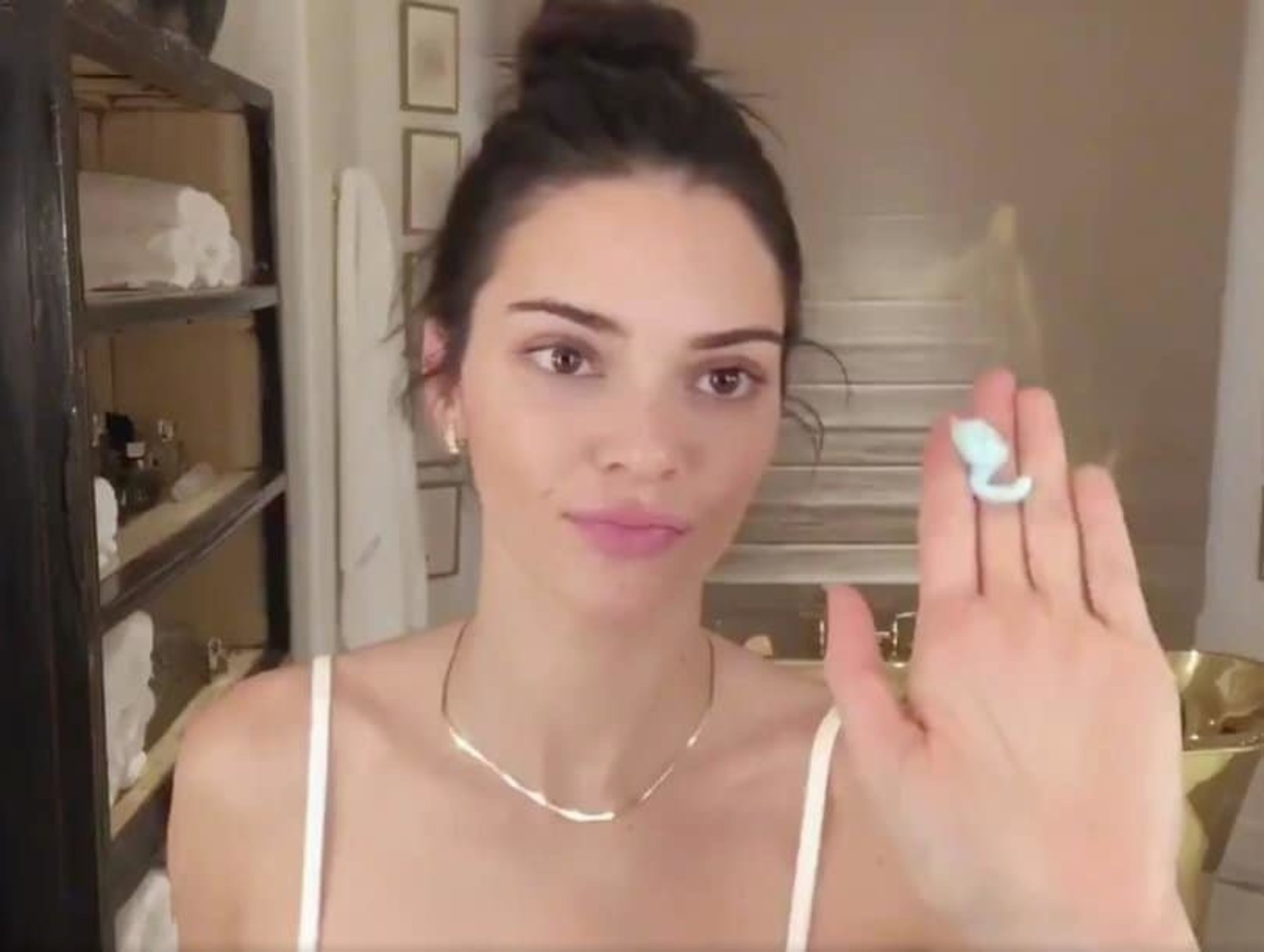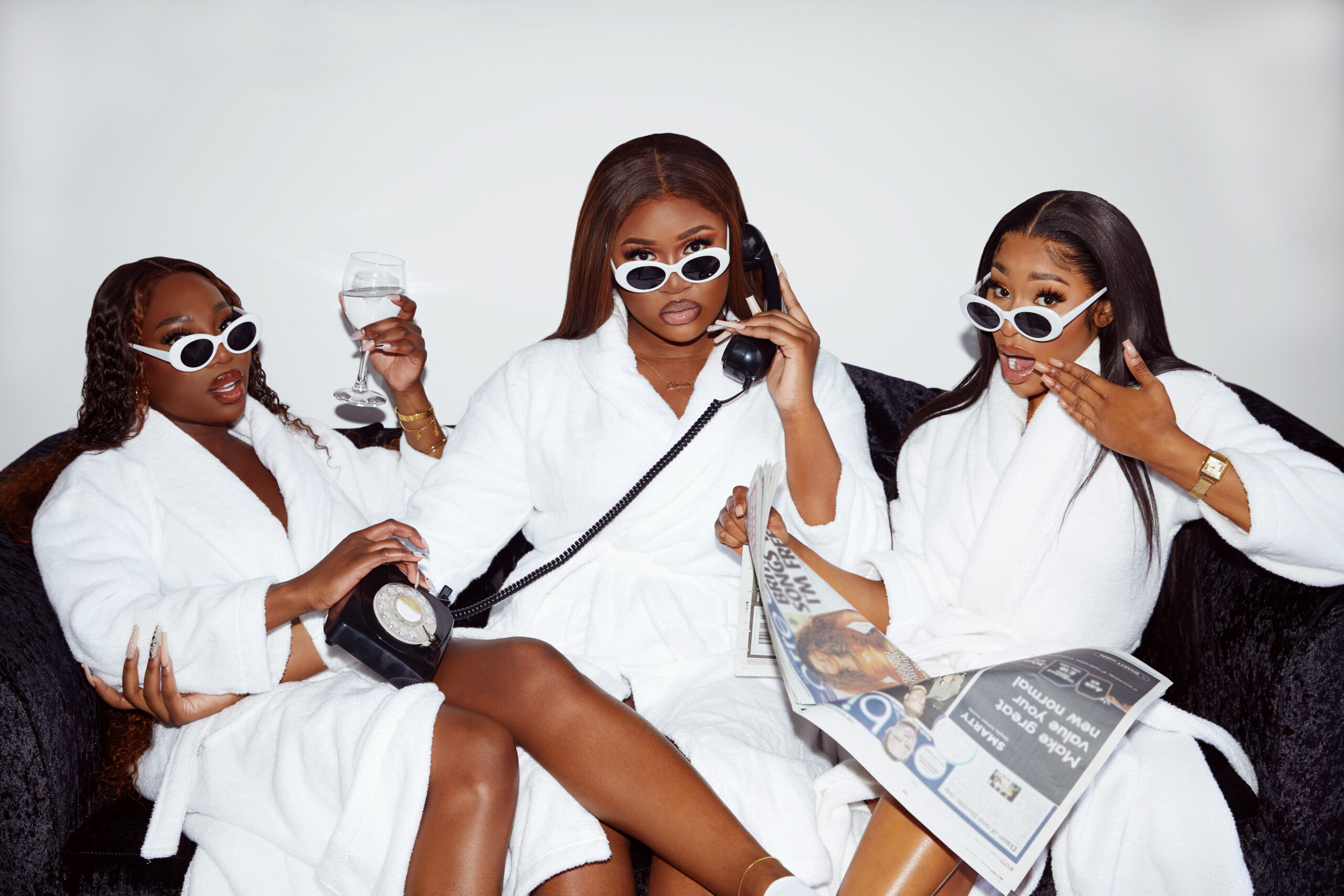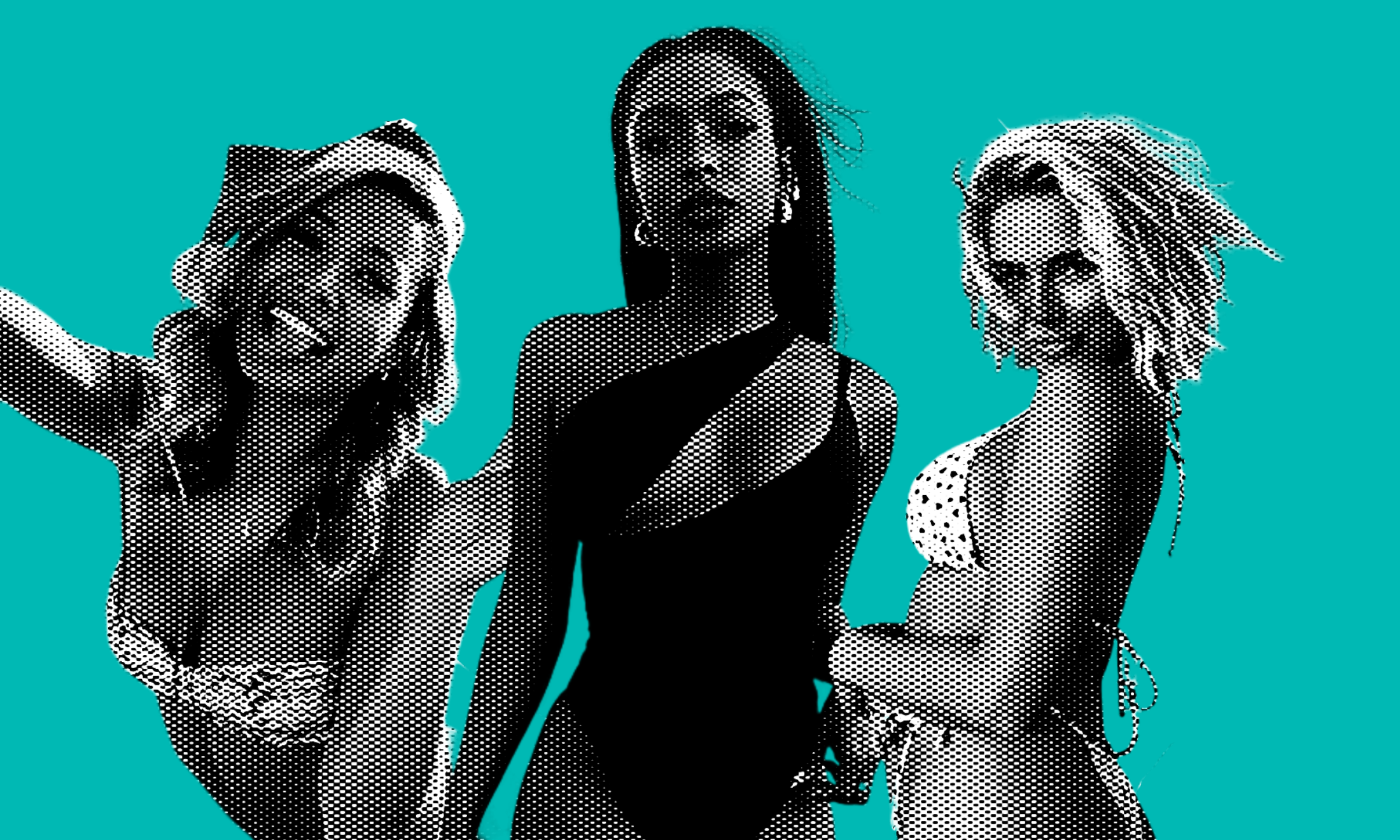
We already know that the internet is full of scam artists, hustlers, and brands eager to cash into whatever they can. There’s something new and insidious about confessional-commercialism, which preys particularly on young women through the language of solidarity.
On 5 January, the Kardashian matriarch and momager Kris Jenner posted a short video teasing an upcoming “brave and vulnerable” revelation about her second youngest daughter, Kendall Jenner, she sparked wild speculation. What life-altering, formative life experience was the influencer set to divulge? “I can speak to so many people and just be like, ‘I can help you,’” she teased. While a lot of people thought the revelation might be that Kendall is gay (and thus confirming long-held rumours), it was an anti-climax. She was just trying to sell us some skincare because she gets spots sometimes.
In a statement issued to the Huffington Post, Jenner said: “I am so thankful to Proactiv, not only for clearing my skin but also for understanding the impact I want to make and for sharing my story in such a thoughtful and meaningful way.” Kendall has maintained this confessional tone for the rest of her sponsored grid posts. She is the world’s highest paid model whose face earned her $22.5 million last year. Yet, here she was, pretending that she was divulging her insecurities in order to empower others when actually she was just trying to flog face wash. All this in spite of the fact that her dermatologist Christie Kidd credited her own products as being the secret to Kendall’s clear skin just last year.
“An entire brand can be built on performed quirks, insecurities and a we’re-all-in-this-together facade”
The Kardashians are no strangers to using dubious methods to hawk questionable goods. But what was new about the Proactiv announcement was how it adopted the language of authentic vulnerability, disclosure, and care by young women online in feminist discourse. Especially in the age of #MeToo. It was also what made it that much more reprehensible: language that had been developed by women to negotiate their past traumas or to help each other online had been commodified.
True authenticity would see the heiress-supermodel acknowledge that her attractiveness is due, in part, to her access to excellent surgeons, beauticians, and pricey skincare. That’s the thing with all of these influencers with their preternatural figure eight curves and glass-like skin who tell us that they get their look with tummy tea and self-love when there’s much more at play. They’re selling us a dream and we’re so much more willing to buy into it if they convince us our struggles are the same, or that they’re letting us in on their secrets.
We see it on our timeline so much we’ve become desensitised. In September last year, a viral tweet thread opened with a harrowing story of spousal abuse, with @ashleyeats asking: “you ever see a girl in denial about being in a toxic relationship… that shit is the absolute worst”. Ashley proceeded to detail an abusive relationship she had with her ex-boyfriend, dropping upsetting anecdotes about being controlled by her partner. Many, many posts later, and the tweet thread ended with an endorsement for a diet supplement.
In the summer, a photogenic Australian couple received public ridicule for using their engagement as a vehicle to promote NESCAFÉ; in an obviously staged photo, the couple are pictured in bed in a modelesque “just woke up” moment: “Reflecting on our engagement this morning with a very needed cup of NESCAFÉ Gold in bed!”
Then in October, an Instagram influencer made headlines for using her daughter’s birth to sponsor her line of false lashes: “wearing the ‘MILF’ lash during delivery by @LillyLashes from the ‘Living Your Best Life’ collection”, reads her Instagram post.
You only have to look at the Caroline Calloway debacle to see how an entire brand can be built on performed quirks, insecurities and a we’re-all-in-this-together facade. An entire world tour-worth of workshops teaching her fans how to be their true selves were dismissed as a scam when it became clear that beneath the zany promises, whacky ideas, and impulsivity was a rampant desire to make maximum profit from her image, at the personal expense of her fans.
A lot of us get trapped in this culture of marketability, now that we live in the age of the personal brand. Normal people, not just celebrities, are compelled to present a voice that is aspirational enough to be interesting, but relatable enough to be likeable.
Those who can master this balance can find rewards such as greater professional success; financial gain, and, a more engaged following. If you’re a struggling creative, this alone could be the way to find success in this elusive and fickle field. It has become such a staple of social media that it’s almost another impossible expectation in and of itself.
The online confessional could be a way of encouraging true connection, getting people to share their own struggles and destigmatise issues. But, with the advent of this hellish age of personal brands it seems like it mostly exists to gain your trust and take your money. After all, when Kendall’s video declared “I can help you”, she neglected to tell you it would cost £49.99.









